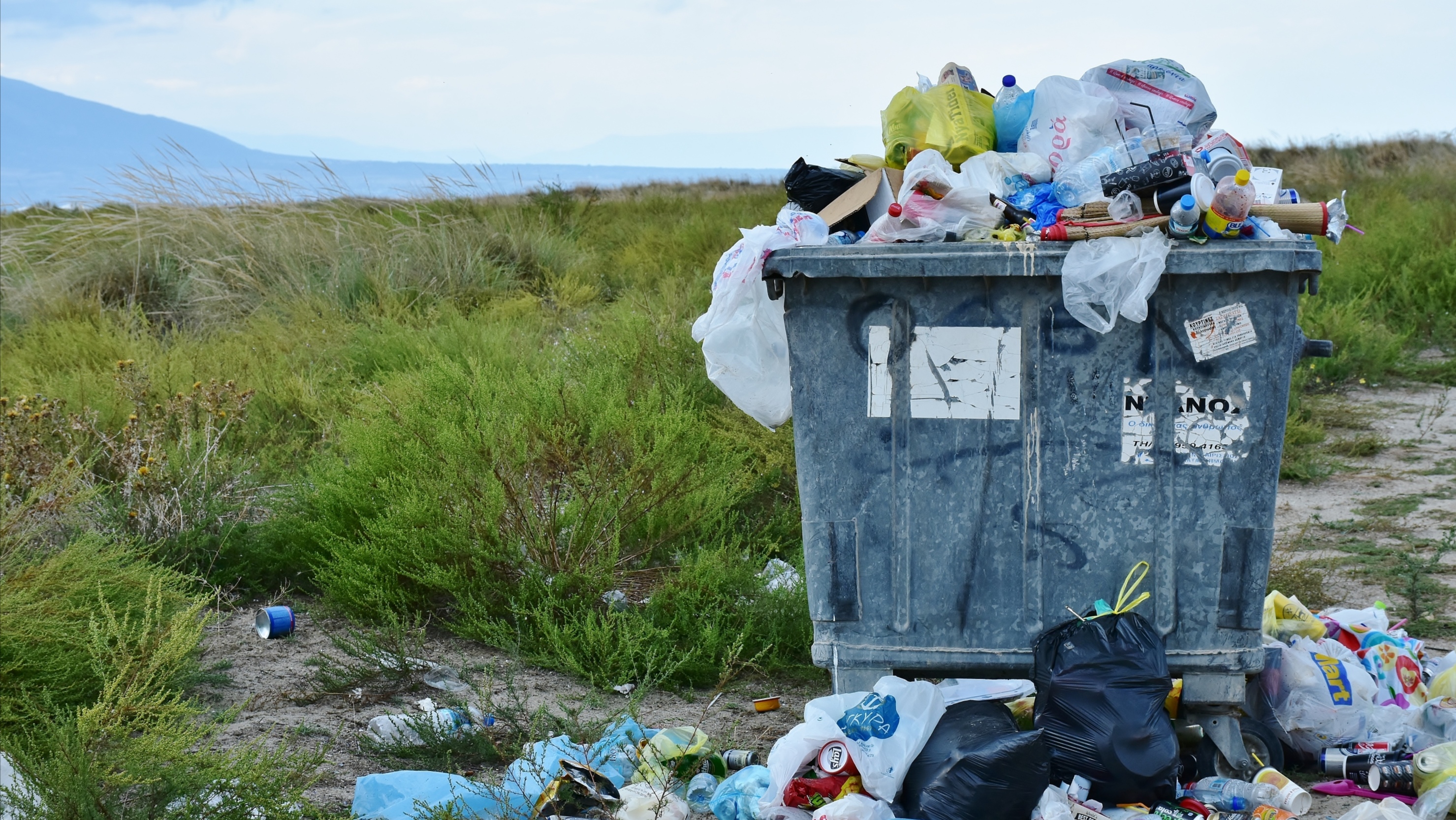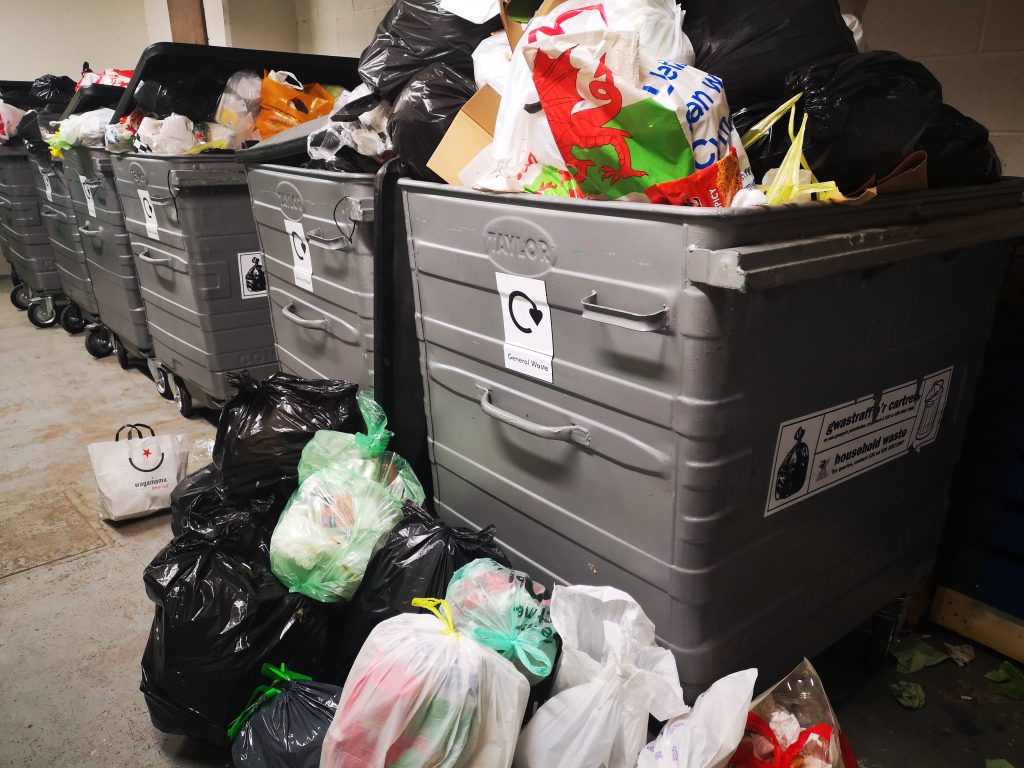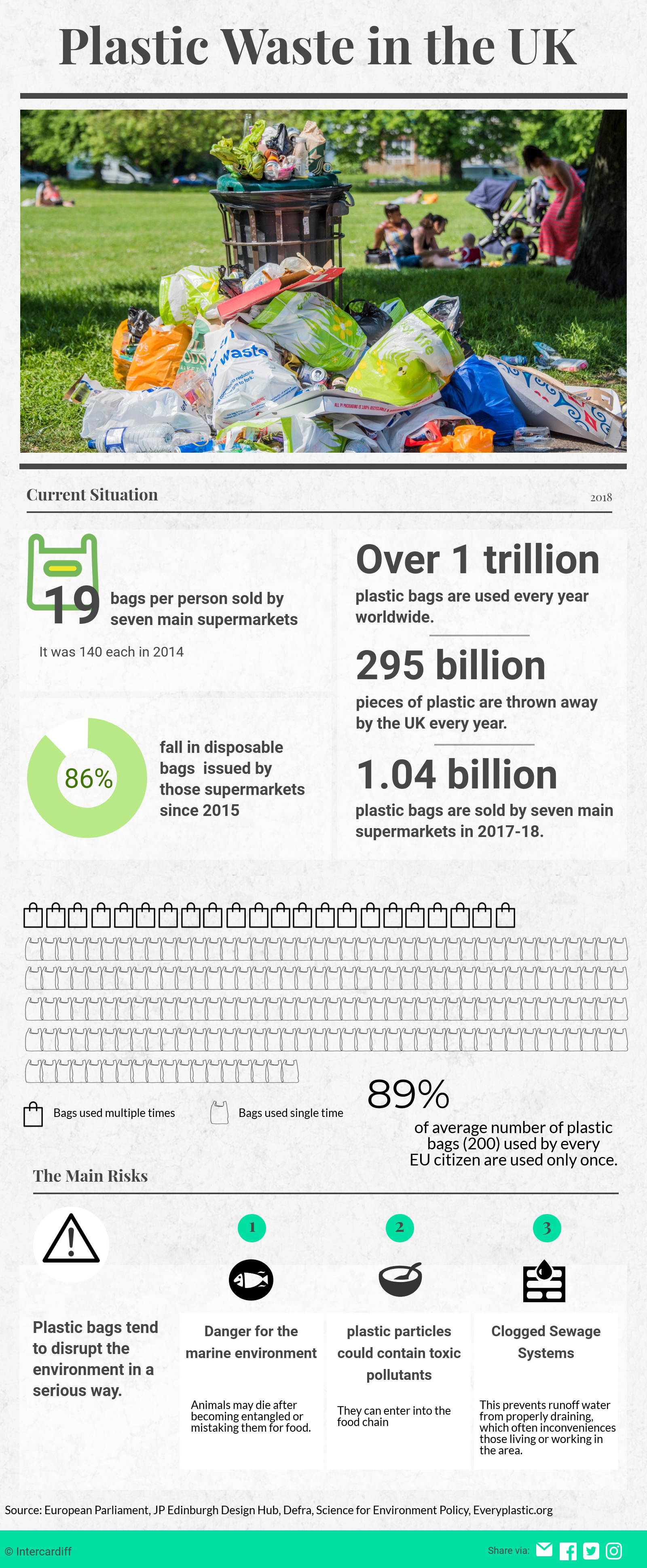Raising the cost of plastic bags helped to reduce their use initially, but will another raise convince more people to grab a reusable bag instead?

According to Aldi, customers who forget to bring their own shopping bags need to pay 9p to get a reusable bag instead of a 5p single-use one now, which creates some doubts.
Many customers seem to accept the more expensive plastic bags Aldi uses to take the place of the 5p ones and have little intention to stop purchasing any.
“The introduction of the plastic bag charge forced people to think about avoiding cost, but people’s awareness is quite high already at the moment, so 9p may not be that effective at this stage,” said Wouter Poortiga, Professor of Environmental Psychology at Cardiff University.
Since the new regulation has only been adopted in a few months, the effectiveness is difficult to evaluate, but it may not achieve the same level of success as the introduction of 5p plastic bag charges.
James Chattaway, a cashier at Aldi, said, “I feel like actually more people are buying bags since we replaced 5p single-use plastic bags by 9p multiple-use bags. Only a handful of people bring their own bags, and most people will just say that they forget them, and rather buy more bags.”
On the one hand, though some people try to reuse old plastic bags for other purposes, the vast majority of plastic bags, even those are designed as multiple-use ones, are only used a single time.

“I usually just buy one, and I won’t change my mind, even if I have to pay more. The differences between 5p and 9p is not that big,” said William Ford, an Aldi customer.
A Business Waste survey supports this perspective, showing that a majority of respondents said they would be willing to spend up to 20p for a plastic bag.
On the other hand, while a more significant number of plastic bags polluting environment more severely, retailers such as Aldi have been forced to put more efforts to tackle plastic pollution by the growing demands of shoppers’ environmental responsibility.
Aldi is the latest supermarket to stop selling 5p plastic bags, following in the footsteps of Sainsbury’s, where a spokesperson for Sainsbury’s claimed an 80% year-on-year reduction in the total number of carrier bags in 2015-16, indicating the ban of single-use 5p carrier bag option seems to drive behaviour change among many consumers.
Although “Do you need a bag?” is still the most frequent question heard in supermarkets such as Aldi, and Britain still produces 1.3 billion plastic bags a year, it is the truth that the plastic bag charge is by far the most effective measure compared to other ones.
However, as Poortiga said, “Raising charges could be a trend in the future, but that should only happen when the government and supermarkets have a strong reason to do so, for example, when single-use carrier bag sales begin to rise again.”

